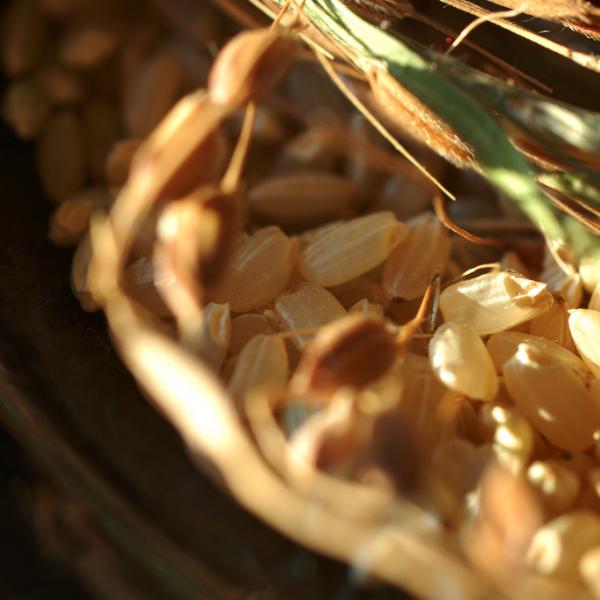Biology Major
As a biology major, you will study the vital processes of all organisms and the environments in which they flourish. Biologists study living things at levels ranging from interactions among whole populations of organisms to the molecular mechanisms of cellular chemistry.
sample courses:
This course provides an introduction to plant development, genetics, physiology and biochemistry with emphasis on processes that can be manipulated or better understood through genetic engineering. The course is divided into 3 sections. The first section of the course discusses basic plant biology, development and genetics. The second part of the course emphasizes gene structure, expression, and cloning as well as methods for introducing foreign DNA into plant cells and regenerating fertile plants in tissue culture. During the third part of the course we discuss a variety of examples of genetically engineered traits, including: herbicide resistance; fruit ripening; pathogen and/or insect resistance; the use of plants for production of industrial and pharmaceutical compounds.
Eukaryotic cell structure and function viewed from the perspective of modern cell biology. Lectures cover such topics as membrane transport, endocytosis and secretion, intracellular trafficking, hormones and signal transduction, extracellular matrix and tissue formation, cytoskeleton and motility, cell cycle, apoptosis, and the cellular basis of disease.
our students have gone on to become:
Biochemists
Criminologists
Ecologists
Genetic Engineers
Healthcare Administrators
Oceanographers
Pharmacists
Physical Therapists
Physicians
Scientific Editors/Writers
Teachers/Professors
Veterinarians
